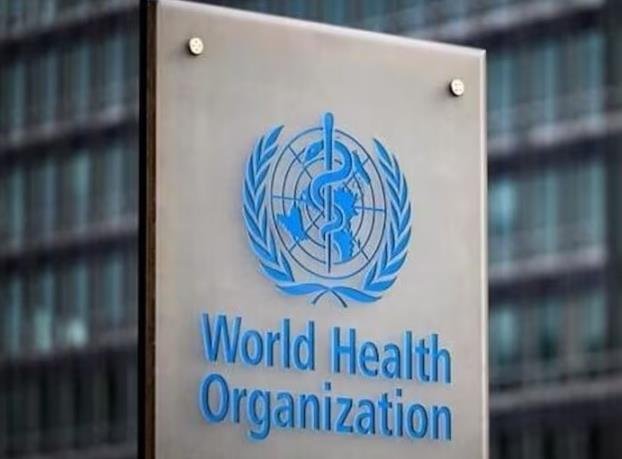The World Health Organization (WHO) has issued a warning about two new variants of interest (VOIs) of the coronavirus that have been detected in several countries. The variants, named EG.5 and BA.2.86, are under surveillance by the WHO and its partners to assess their potential impact on public health.
What are the new variants?
According to the WHO, a VOI is a variant that has genetic changes that are predicted or known to affect virus characteristics such as transmissibility, disease severity, immune escape, diagnostic or therapeutic escape. A VOI also has been identified to cause community transmission or multiple COVID-19 clusters in multiple countries.

The new variants EG.5 and BA.2.86 have both been detected in several countries, including India, Pakistan, Bangladesh, Nepal, Sri Lanka, Maldives, Iran, Afghanistan, and Oman. They have also been reported in travelers from these countries to other regions such as Europe, Africa, and North America.
The EG.5 variant was first detected in India in March 2023 and has since been found in 12 other countries. It has a mutation in the spike protein called E484K, which is also present in other VOIs and variants of concern (VOCs) such as Beta and Gamma. This mutation may reduce the effectiveness of some vaccines and antibody treatment.
The BA.2.86 variant was first detected in Bangladesh in April 2023 and has since been found in 10 other countries. It has a mutation in the spike protein called N501Y, which is also present in other VOCs such as Alpha and Omicron. This mutation may increase the transmissibility of the virus.
How are the new variants being monitored?
The WHO has designated the new variants as VOIs and has assigned them the labels EG.5 and BA.2.86 based on the Greek alphabet system. The WHO uses this system to avoid stigmatizing and discriminatory names based on geographic locations or animal species.
The WHO is working with its partners to monitor the epidemiology, virology, and clinical features of the new variants through various platforms such as the Global Initiative on Sharing All Influenza Data (GISAID), the COVID-19 Genomics UK Consortium (COG-UK), and the Africa Centres for Disease Control and Prevention (Africa CDC).
The WHO is also conducting risk assessments and providing guidance to countries on how to prevent, detect, and respond to the new variants. The WHO advises countries to enhance their genomic surveillance, testing, tracing, isolation, and vaccination strategies to contain the spread of the new variants.
What are the implications for public health?
The WHO cautions that the new variants pose a potential threat to global health security and may undermine the progress made in controlling the COVID-19 pandemic. The new variants may increase the risk of transmission, severity, hospitalization, death, and reinfection among populations that have low vaccination coverage or high exposure to previous variants.
The WHO urges countries and individuals to follow the public health and social measures that have proven effective in reducing the transmission of COVID-19. These include wearing masks, maintaining physical distance, avoiding crowded and poorly ventilated settings, washing hands frequently, and seeking medical care if symptomatic.
The WHO also emphasizes the importance of equitable access and distribution of safe and effective vaccines for all countries and populations. The WHO calls for global solidarity and cooperation to ensure that no one is left behind in the fight against COVID-19.
